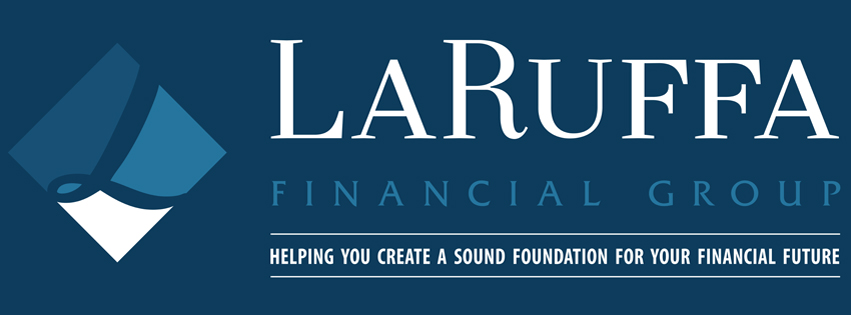There are a plethora of factors
that differentiate generations -- communication mediums, interests, values,
work ethic -- and the list goes on and on. Psychologists say the divide between
parent and teenager is a natural progression to help both prepare for their
eventual separation: Teenagers rebel toward their independence; parents start
looking forward to an empty nest.
[CLICK HERE
to read the article, “When Parents Get
Angry at Their Adolescent,” from Psychology Today, June 15, 2015.]
Marketers have conducted
exhaustive research differentiating and defining the generations that co-exist
today, from the greatest generation all the way down to Generations Y and Z. Despite
all our differences, one common thread is that every era has some kind of
financial dilemma, such as the 2008 recession’s effects on adults and the
student debt millennials now face.
Whatever your current financial
concerns are, our team of professionals is here to answer any questions you
might have.
[CLICK HERE
to read the article, “Market crash of
2008 still affects Gen Xers, boomers,” from BenefitsPro, Sept. 22,
2015.]
[CLICK HERE to
read the article, “Student Debt
Squeezing Parents and Children Simultaneously,” from ABCnews.com, Oct. 5,
2015.]
One positive of having distinct
generations is that everyone brings something unique to the table. For example,
baby boomers have had a clear influence on both the economy and culture over
the last 40+ years and continue to drive new innovations and industries with
vivacity and longevity.
[CLICK HERE
to read the report, “Generational Identity: The Power of ‘Boomer,’” from Pew
Research Center, Sept. 2, 2015.]
The post-baby boomers who make
up Generation X tend to get lost amid the headlines that surround the more
populous boomer and millennial demographics, but the fact is, many Gen Xers have
had their own unique financial experiences as a result of the recession and
real estate decline that hit just as they were nearing their mid-career earning
potential.
[CLICK HERE
to read the article, “Most Americans have less than $1,000 in savings,” from Marketwatch.com,
Oct. 8, 2015.]
[CLICK HERE
to read the article, “When It’s Time to Cut Financial Support to Your Parents
or Adult Kids,” from Time.com, Aug. 10 2015.]
The millennials, now just as
populous as boomers, are now a coveted market in the consumer world, and the
teens of Generation Z are nipping at their heels.
[CLICK HERE
to read the article, “Millennials Outnumber Baby Boomers and Are Far More
Diverse, Census Bureau Reports,” from the U.S. Census Bureau, June 25, 2015.]
[CLICK HERE
to read the article, “Millennials on Steroids,” from Knowledge@Wharton, Sept.
28, 2015.]
We make generalizations when it
comes to generations, and each does have its own set of circumstances, but
sooner or later, everyone can use the advice of an objective professional to
help create a financial strategy and stay on track to meeting their goals.
We’re fortunate that you chose us to provide you this guidance, and we’re
available to discuss your future whenever you feel the need.
We are an independent firm helping
individuals create retirement strategies using a variety of insurance products
to custom suit their needs and objectives.
The information contained in this material is provided by third parties and has been obtained from sources believed to be reliable, but accuracy and completeness cannot be guaranteed; it is not intended to be used as the sole basis for financial decisions.
If you are unable to access any of the news articles and sources through the links provided in this text, please contact us to request a copy of the desired reference.
AE10151176
The information contained in this material is provided by third parties and has been obtained from sources believed to be reliable, but accuracy and completeness cannot be guaranteed; it is not intended to be used as the sole basis for financial decisions.
If you are unable to access any of the news articles and sources through the links provided in this text, please contact us to request a copy of the desired reference.
AE10151176
